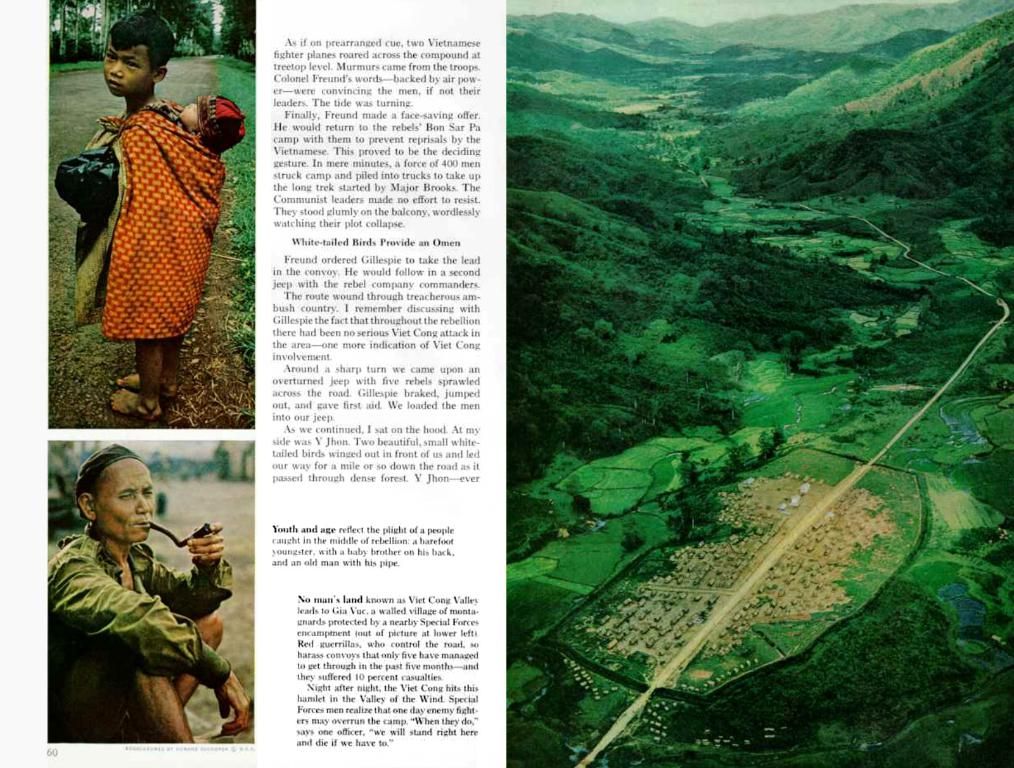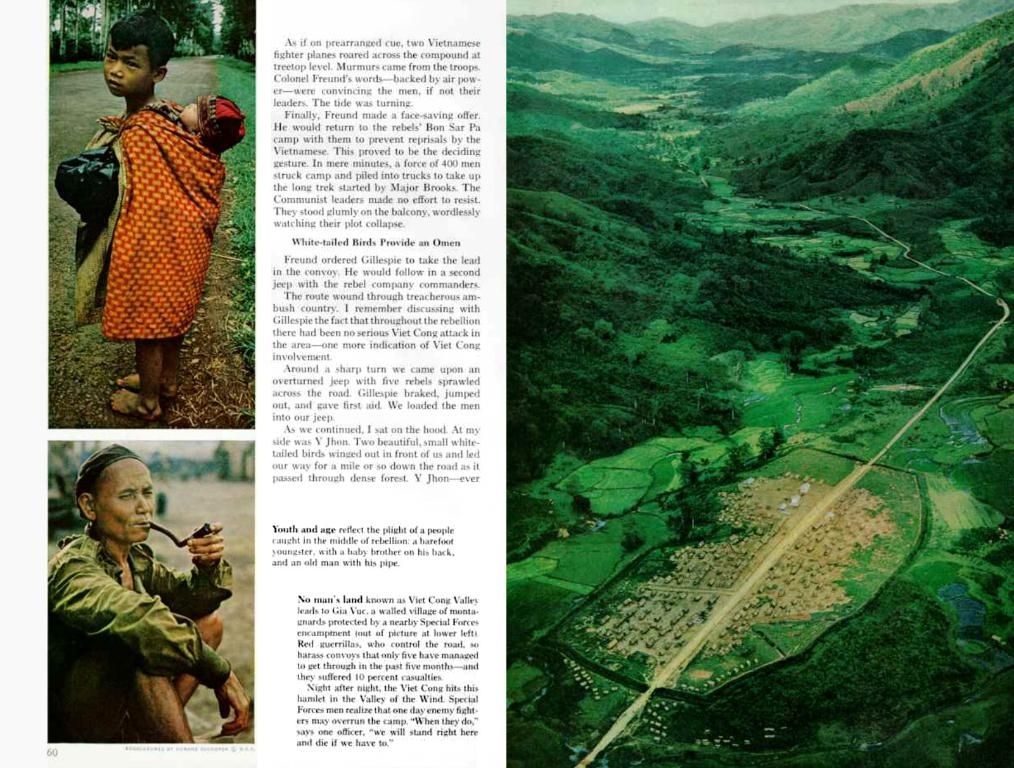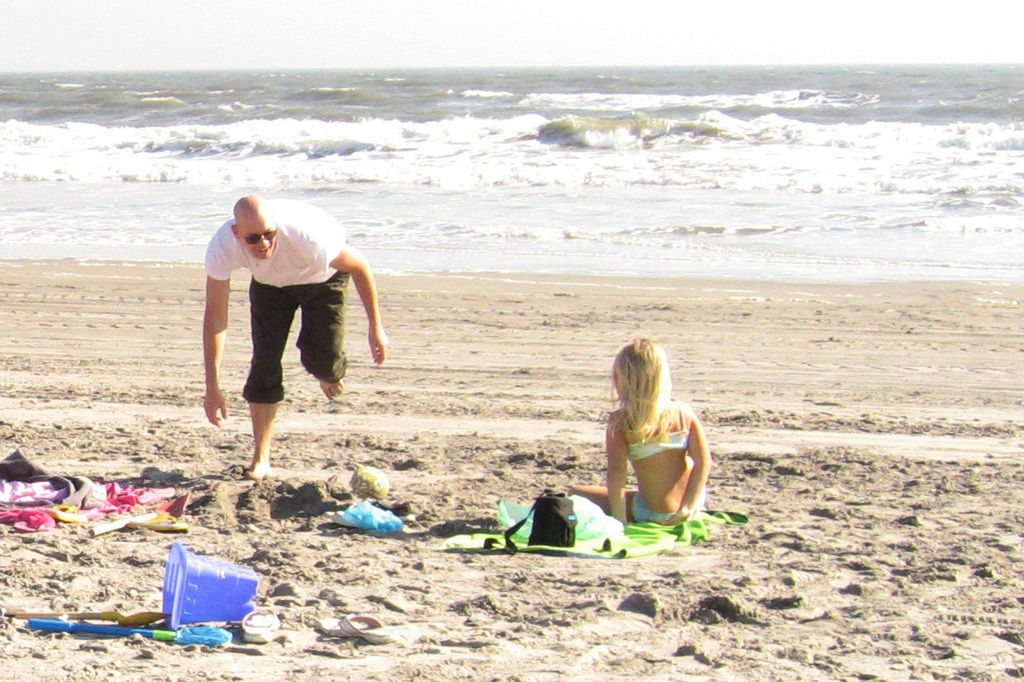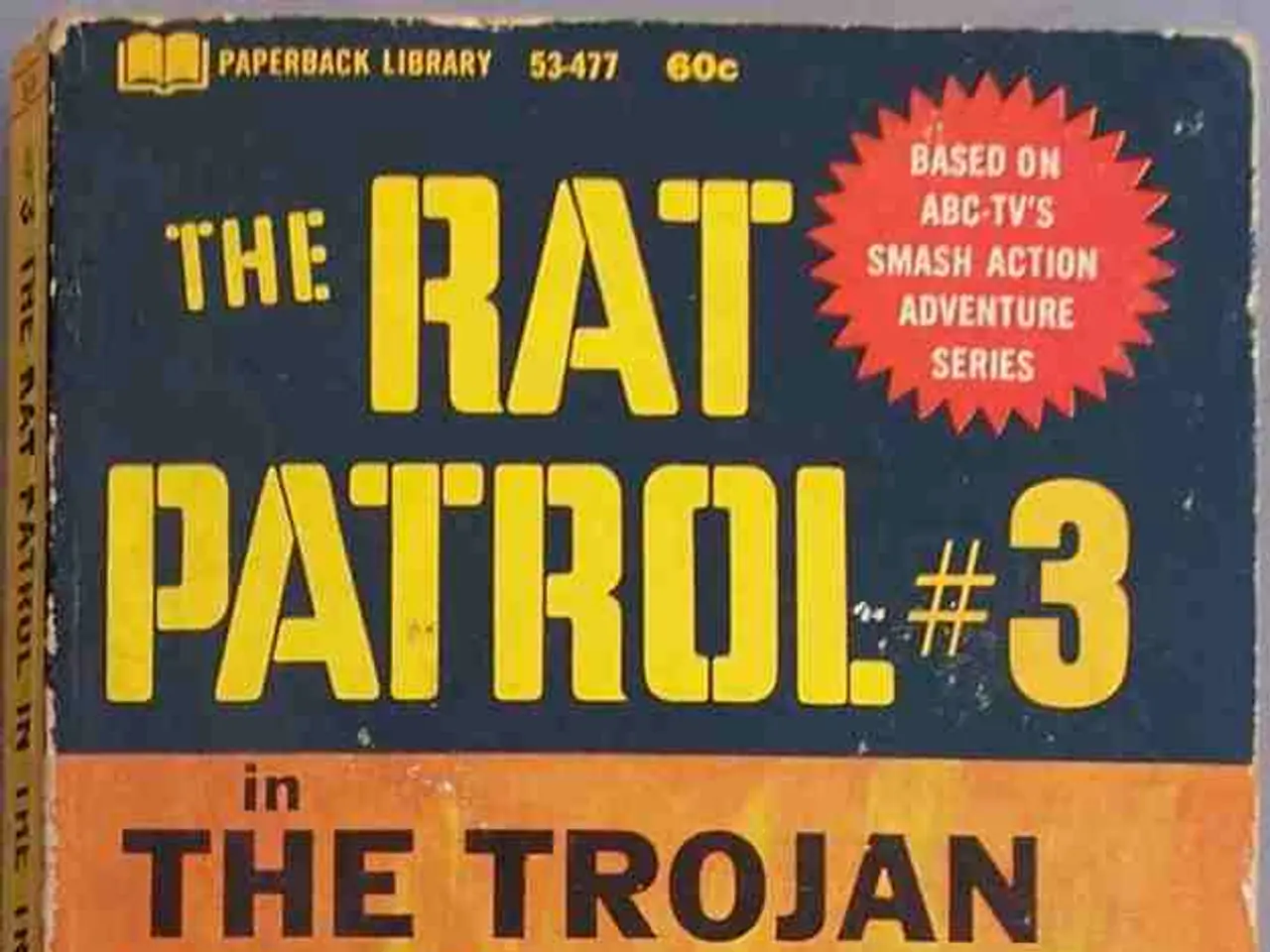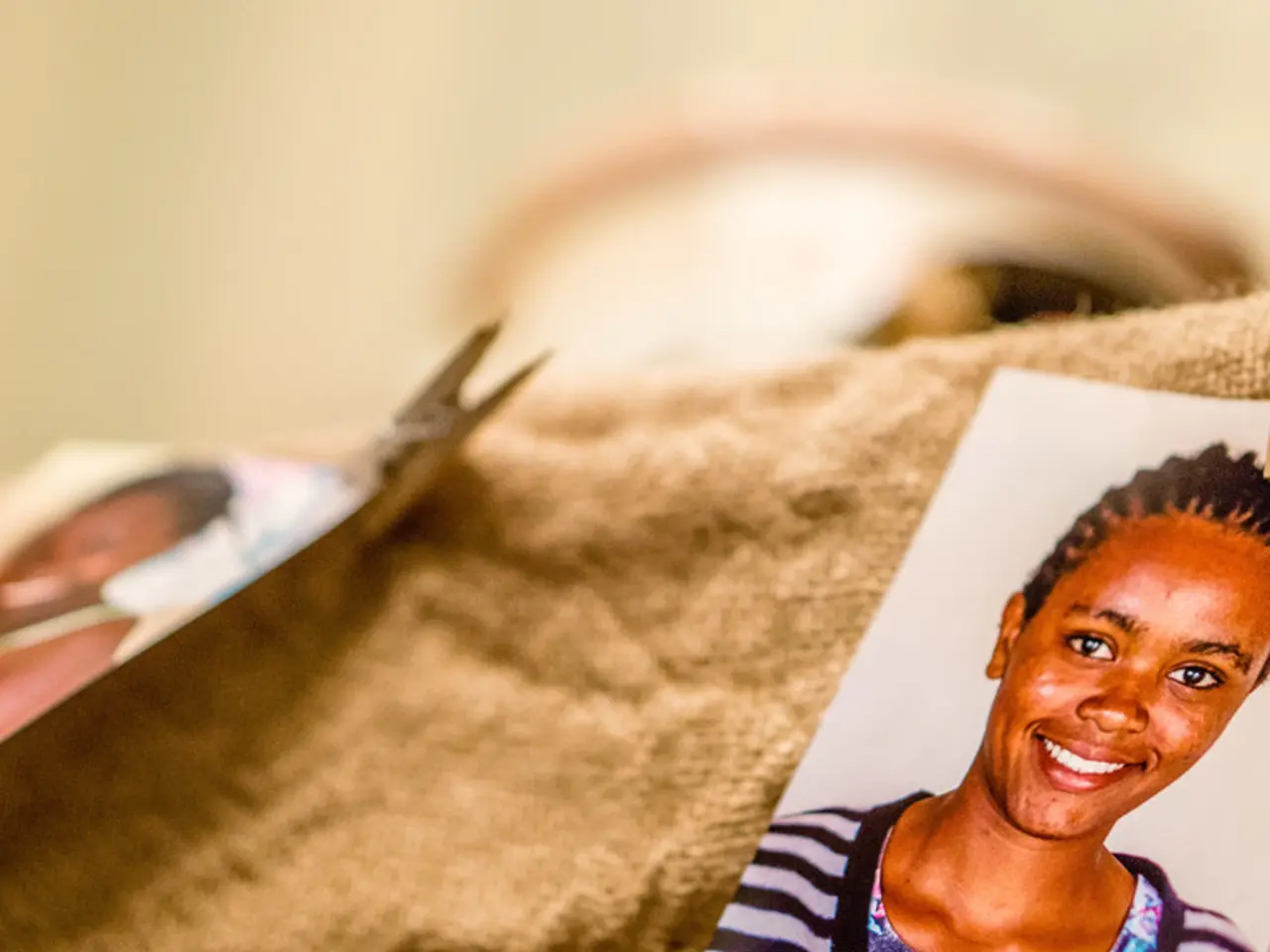Iran retaliates with a missile attack, following Israel's airstrikes on Tehran.
Echoing the early hours of Sunday,AFP journalists in Jerusalem and Tel Aviv were met with ear-splitting air raid alarms and deafening explosions, as millions of Israelis rushed to take cover. The unsettling cacophony was mirrored in Iran's capital, as the escalating clash between Israel and Iran continued unabated, leaving a trail of destruction in its wake.
At least eight lives, including innocent children, were claimed by the overnight attacks, with around 200 injured. Iran scrapped its nuclear talks with the United States, dismissing negotiations amidst the relentless barrage of attacks from Israel. The third day of this increasingly hostile exchange has raised concerns of a protracted conflict engulfing the Middle East.
Remarkably, this is the first time these arch-enemies have traded fire with such intensity, marking a significant shift from decades of enmity and conflict by proxy. Israel's operation, which commenced early Friday, has targeted Iranian nuclear and military sites, reportedly claiming dozens of lives, including high-ranking army commanders and atomic scientists.
Israel's prime minister, Benjamin Netanyahu, vowed to hit "every target of the ayatollah regime," while Iran's president, Masoud Pezeshkian, threatened a "more severe and powerful response" to any further Israeli aggression. In the city of Bat Yam, outside Tel Aviv, rescue teams wearing helmets and headlamps laboriously sifted through the wreckage of a building as dawn broke. Two elderly women, a girl, and a 10-year-old boy were among the casualties, with around 100 others injured.
Further north, in the Shfela region west of Jerusalem, another 37 people were wounded. In the Western Galilee, a strike Saturday demolished a three-storey building, killing three women. A strike in Haifa left a woman in her twenties dead and a dozen others injured. A spokesperson for Magen David Adom reported that approximately 200 people were wounded in the overnight missile strikes launched by Iran.
Iran's UN ambassador reported a toll of 78 fatalities and 320 wounded from Friday's initial wave of Israeli strikes. However, no updated casualty figures have been released as of early Sunday. The Israeli military claimed to have struck Iran's defense ministry headquarters, nuclear weapons project infrastructure sites, and other targets, including fuel tankers, just before 2:40 am Sunday.
The targeted sites, including the SPND, were instrumental in Iran’s efforts to develop nuclear weapons, according to Israel. The SPND,Organization of Defensive Innovation and Research, had a historical role in Iran’s nuclear weapons research program. Meanwhile, Iran's Revolutionary Guards announced retaliatory strikes against sites used by Israeli warplanes for refueling.
In response to the escalating conflict, global concerns are mounting, with foreign leaders urged de-escalation and dialogue. Ankara warned against a "devastating war" with regional consequences, while the UK government deployed fighter jets and other assets to the Middle East for contingency support. Despite the global concern, the Israeli military remains resolute in its mission, with Netanyahu maintaining the operation has the clear support of US President Donald Trump. This standoff between Israel and Iran continues, posing a significant threat to regional stability.
- The United States, as a key player in global politics, has been closely monitoring the escalating war-and-conflicts between Israel and Iran, given Iran's decision to suspend nuclear talks with the US amidst the intense exchange.
- Amidst the general-news of clashes and destruction, crime-and-justice has also surfaced, as external parties like Russia have not yet publicly expressed their stance towards the ongoing tension in the Middle East.
- In the midst of the aftermath, with accidents and casualties due to the missile strikes, it is imperative for the international community to address the ongoing conflict between Israel and Iran, considering potential ramifications and implications for regional crime-and-justice.
- As the war-and-conflicts continue, there remains a critical need for diplomacy and dialogue to prevent accidents and further loss of life, as leaders from both countries, such as Israel's Benjamin Netanyahu and Iran's Masoud Pezeshkian, exchange threats and warnings.

